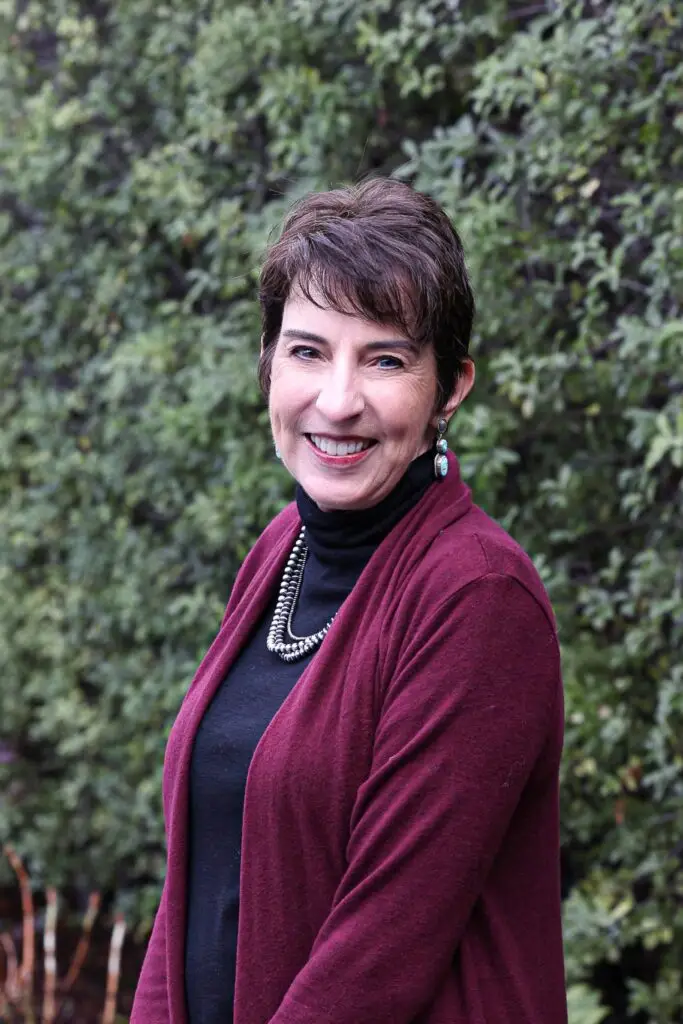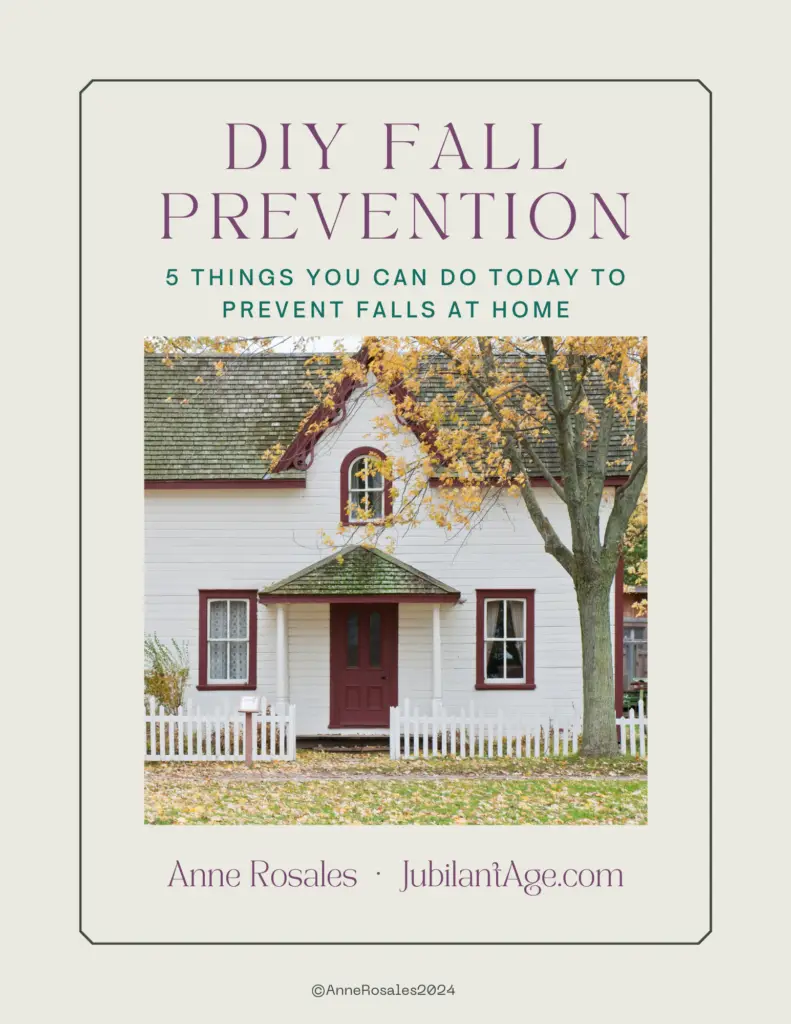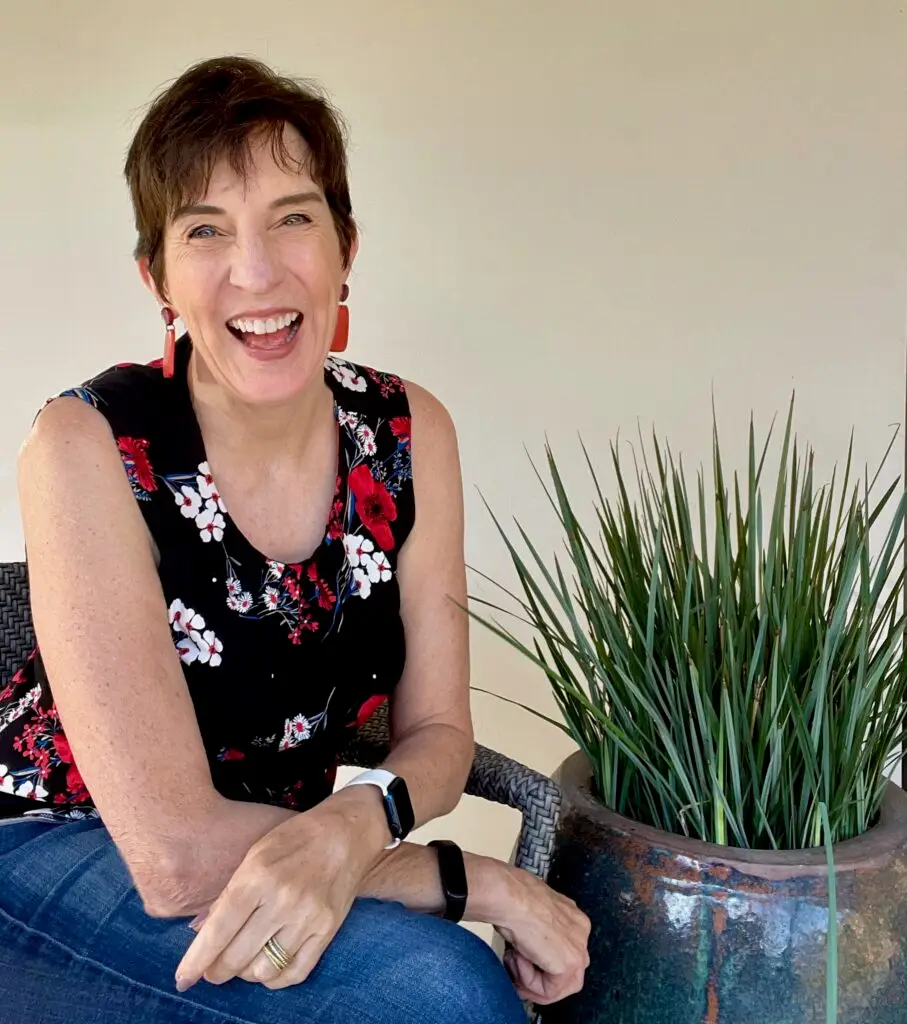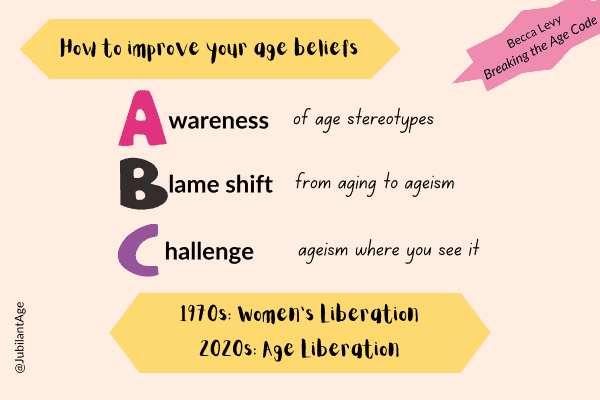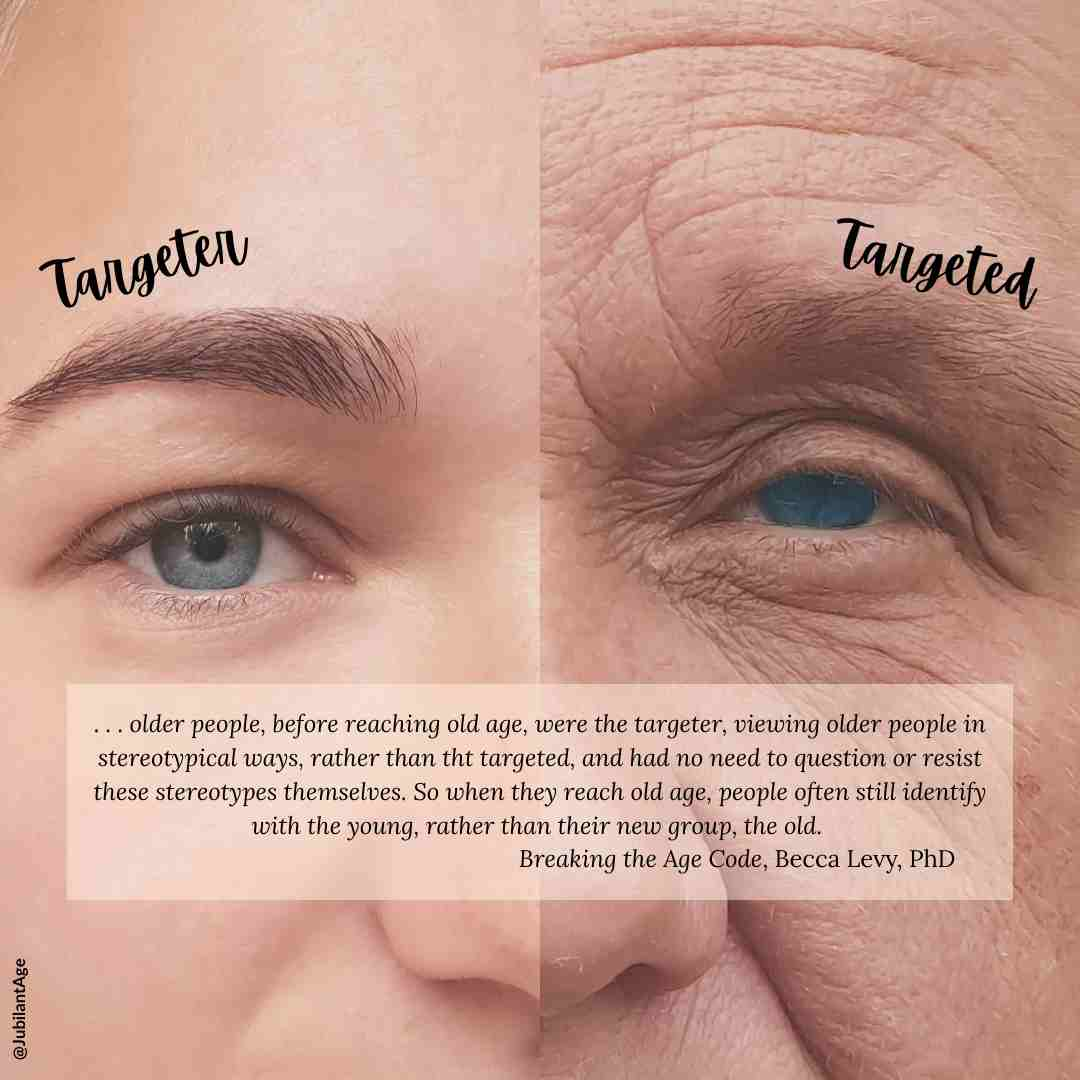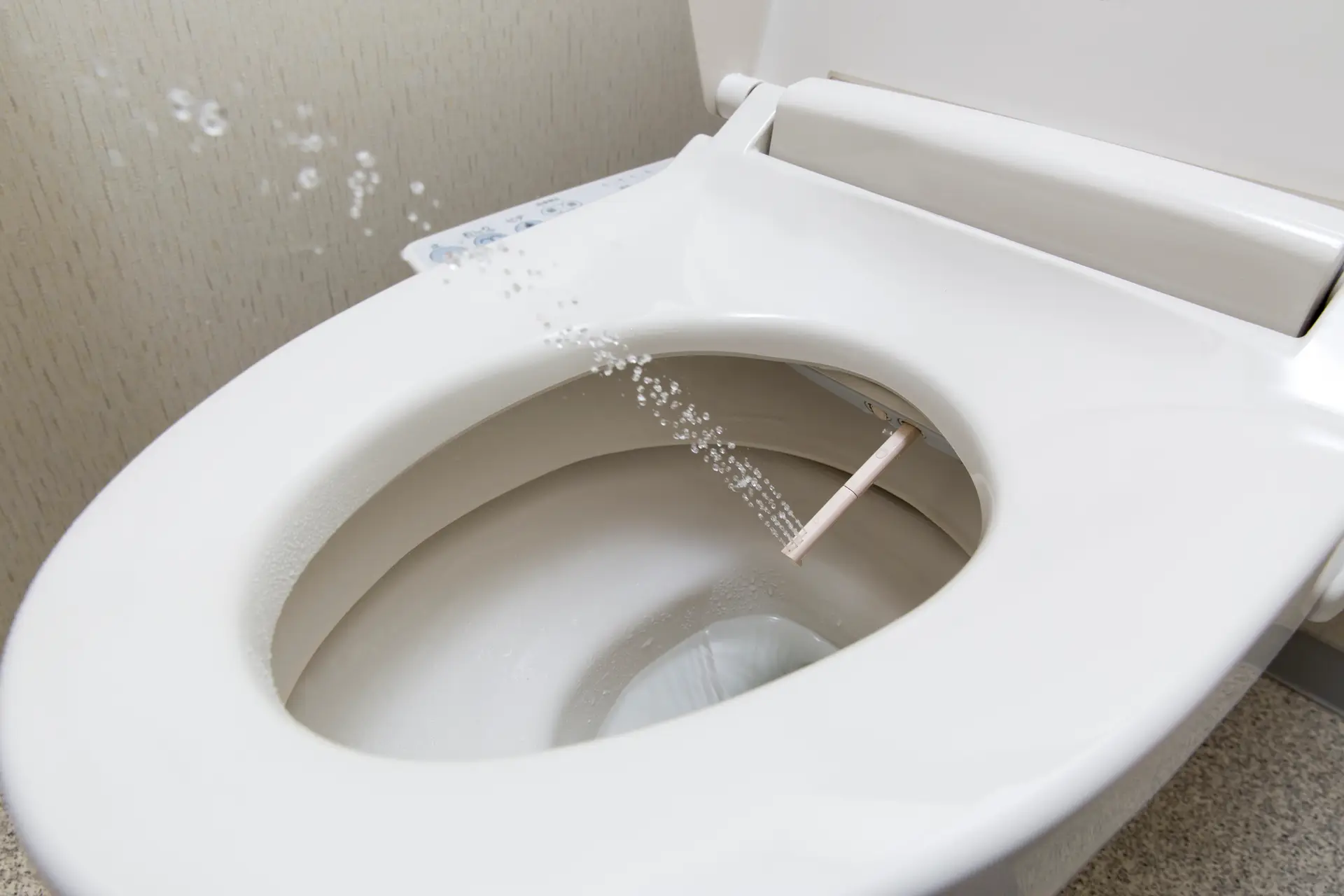
Bidet Toilets: Essential Fixtures in Modern Bathrooms
3 min readBidet toilets have transitioned from luxury items to essential fixtures in modern bathrooms. They appeal to consumers of all ages for their luxury, but are perfect for those who want to age in place.
